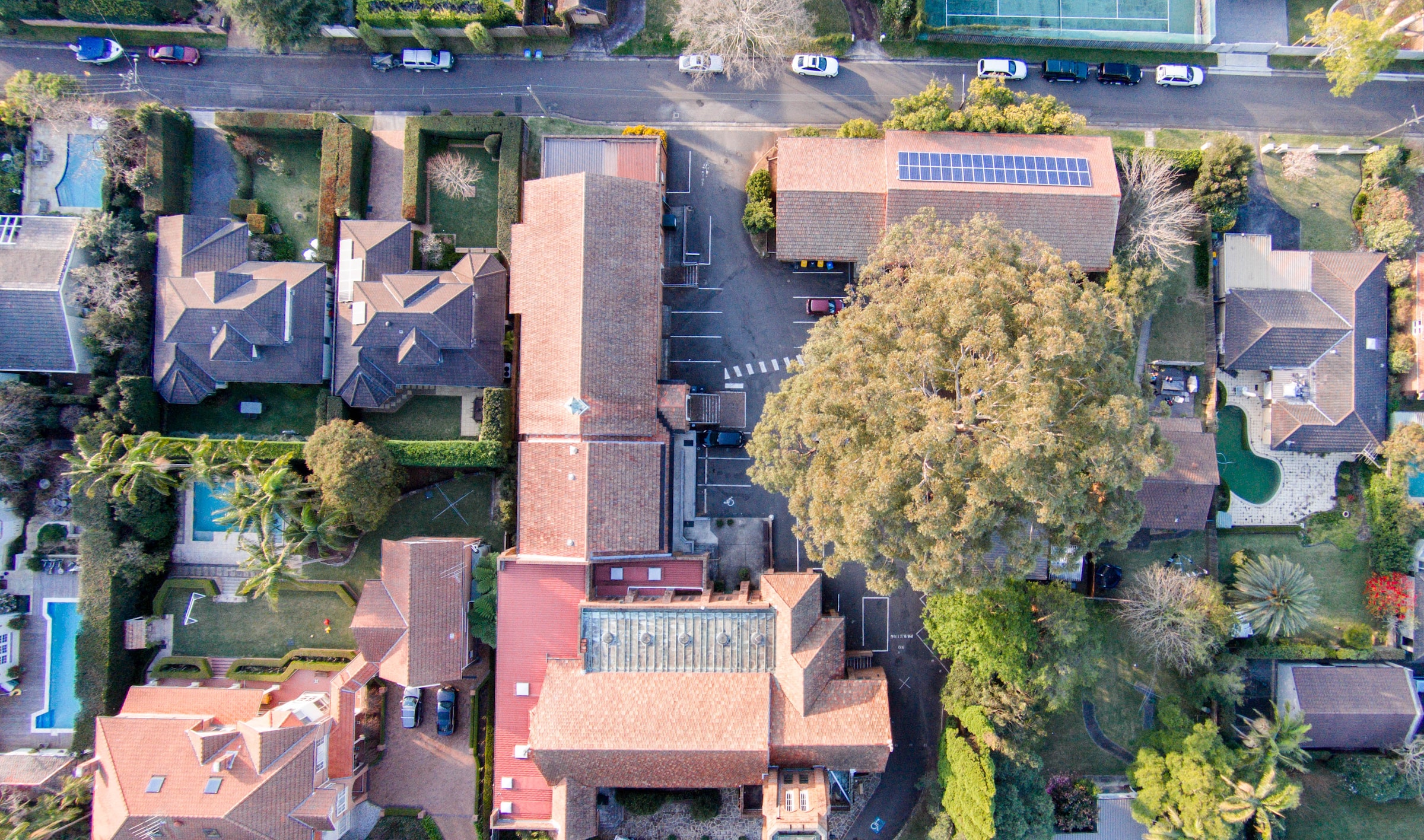Stamp duty is Australia’s most inefficient tax. It punishes people who move, makes down-sizing and up-sizing difficult, decreases labour mobility, and, since it is only imposed when people move, is incredibly poorly targeted with respect to wealth and the opportunity cost of land.
A land tax, ideally an annual impost on the unimproved value of land, is far more efficient and equitable. In addition to resolving the social and economic problems raised above, it adds consistency to governments’ property tax receipts and in so doing improves their ability to plan for the future.
Governments, economists and business leaders agree that land tax is the way to go. The largely youthful cohort of Australians who’ve missed out on decades of unprecedented and untaxed capital gains on privately held land tend to concur. Land tax is the way to go.
The problem is implementation. It is brought on by the implicit understanding drawn from long-standing practice that once stamp duty is paid on taking possession of land, no further property taxes will be charged against ownership of it.
This implicit understanding is strongest with respect to owner-occupied housing. The Victorian government’s recent property tax tinkering is a case in point. In dire financial straits, the Andrews government has implemented land tax for commercial/investment property but remains loath to impose it on the too-politically-powerful-to-mess-with cohort of owner-occupiers.
In NSW, Chris Minns is backpedalling from moves to transition to a land tax base, despite readily acknowledging the social and economic benefits the shift will bring.
The political problem of owner-occupiers creates a dilemma for government – one that typically triggers an appeal by state governments for federal funding to cover the cost of any proposed transition.
If state governments concede to owner-occupiers’ advocacy for exemption from land tax, and charge it only after property next changes hands, then property tax receipts will collapse. State governments’ biggest revenue stream will recover only as properties change hands and new owners enter the land tax regime.
Transition period
Most land tax policies propose that all properties be liable for land tax after 10 to 20 years. But that’s still 10 to 20 years of substantially lower revenues and another 10 to 20 years of all the negative lock-in effects of stamp duty.
The solution to this dilemma is to implement land tax universally from day one, and give property owners an option to defer payment of land tax accrued during a “transition period” until the property changes hands. A transition period of 20 years seems equitable, practical and politically palatable.
During that period, deferred land tax will accrue interest at the RBA 90-day bank bill rate.
After that period concludes, all property owners must pay land tax as it is incurred. While payment for land tax deferred over the transition period may continue to be deferred until the property changes hands, after the transition period it accrues interest at the mean variable mortgage interest rate.
In addition, property owners get credit against land tax for stamp duty previously paid, less whatever land tax would have been on the property were it retrospectively applied from the date of purchase. That is, properties purchased more recently will get a large credit while those purchased long ago will probably receive none.
For example, if Jane Smith bought a house for $500,000 in Brisbane in mid-2018, it is worth about $700,000 now (the time at which we’ll assume land tax begins), having grown in value about 7 per cent a year. She paid $16,000 in stamp duty in 2018. A retrospective land tax (set at 0.2 per cent) would have cost her about $6000 between 2018 and 2023, leaving her with a $10,000 land tax credit. If house values continue to climb at 7 per cent a year, then that credit will be exhausted by early 2029. After which she accrues land tax as per normal.
The solution we propose addresses the issues that implementing a universal land tax raises:
- It addresses concerns typically raised by advocates for property owners: that they have already paid stamp duty. For this, they get a credit. And that they have limited income and no means to pay more tax. Instead, payment is deferred until they are flush with cash.
- It addresses the funding issue facing governments and alleviates the collapse of property tax receipts that other options trigger. “Deferred” land tax becomes an asset against which governments can raise credit.
- It removes the harmful market distortions of other transition schemes (some of which, such as first home buyer subsidies, have contradicted their intended aim and actually inflated property prices).
The federal government has the constitutional capacity to impose a universal land tax – and did so for a significant part of the 20th century. We recommend it does so again as soon as possible, immediately returning receipts raised (together with deferred land tax credits) to the states in which they accrue.
Action at the federal level will ensure a rapid and universal transition to land tax. Simultaneously, it will address the inconsistent rates, overly progressive regimes and high tax-free thresholds that currently apply across the states.
States will relish a politically pain-free opportunity to drop their inefficient, inequitable, market-distorting and often clumsy regimes and transition plans, to the immediate and enduring benefit of all Australians.
First published at the Australian Financial Review on Monday 19 June 2023.





Indeed. That is a reason the principal residence is exempt from CGT – which is also a transfer tax. A holding charge is always more efficient than a transfer tax. A Federal land rate with a credit for PAYG for homeowners against income tax would also generate net revenue and flush out revenue from disguised foreign landholders using local dummies and dirty monet sunk into real estate.
I believe land tax forr investors together with stamp duty on transfer is perfect.the reason is these are the people who compete against first home buyers and inflate property prices
.They got so much equity build up.they don’t care about paying more at auction.my suggestion is australia should limit no of properties a person can own.i have seen first hand in the last two years and give list of properties bought by investors killings the first home buyers dreams.the only winners are the crooks real estate agents and owners who sell when are few properties available.supply is also a major issue in continent so big yet so expansive to get piece of land to live